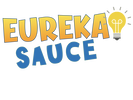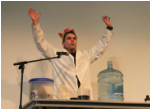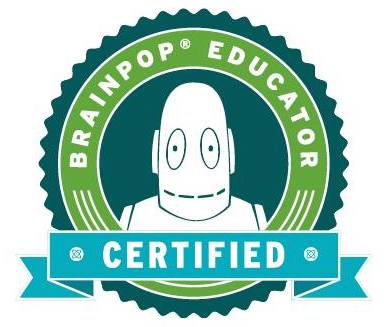|
In ancient Greece, education formed a part of your identify. Even though formal education was only reserved for males, females and slaves would often take-up informal education through private tutors (if they could afford it) or simply show up to the public square and listen to debate.
The Greeks led by the great philosopher's strongly believed that the purpose of education was eudaemonia - human flourishing. To be eudaemonic, one has the capacity to take advantage of the opportunities provided by culture. At the heart of this is ability to pursue truth. If you were an artist or a poet, your prose would reflect the culture either by questioning or supporting it. The population supported this critical thinking style because they too were eudaemonic and seeking the truth to the big questions. This created a positive feedback loop where a culture of ideas propelled other better ideas to front made Greece - and specifically Athens - the legend that it is today. The enlightenment hijacked this old idea of truth seeking and powered by the new tool of science, launched western civilization into the modern era. We got to where we are because ideas were openly scrutinized until they conformed to objective reality (or a close to it as possible). Evidence is an essential when seeking the truth. How much truth is being told in your classroom? How many sides of an issue are you presenting to your class? How much uploading of information are you doing with your students? It doesn't matter if you are a pre-school teacher or a university professor. As educators we must be constantly evaluating our positions and ideas to ensure that our rhetoric is balanced and offers students an opportunity to question everything. Comments are closed.
|
Time to reinvent yourself!Jason WoodScience teacher, storyteller and workout freak. Inspiring kids to innovate. Be humble. Be brave. Get after it!
|







 RSS Feed
RSS Feed